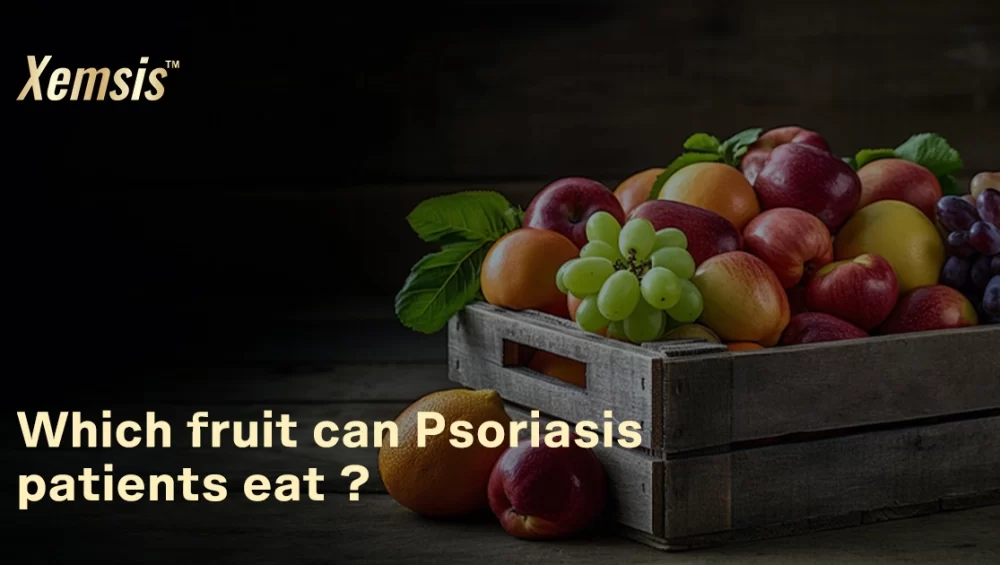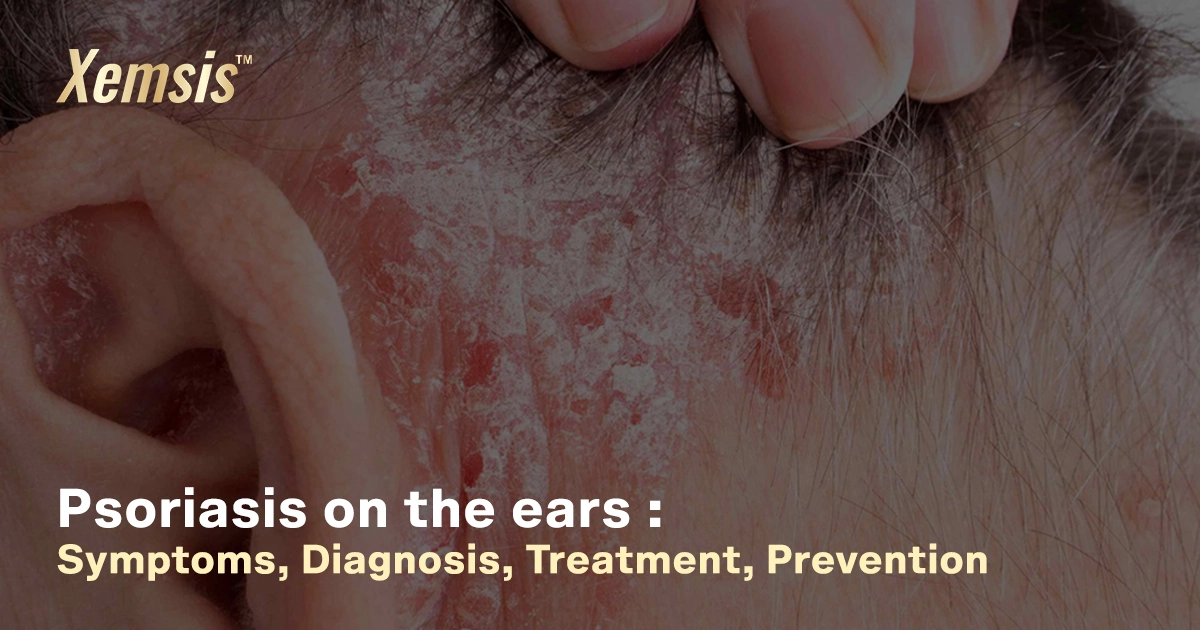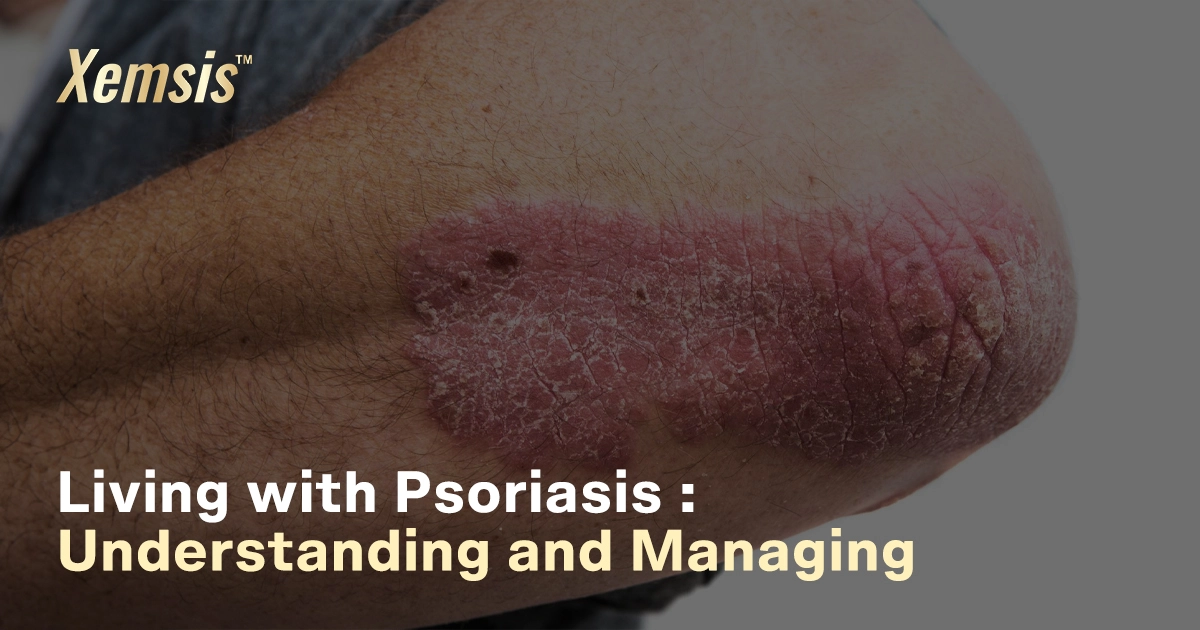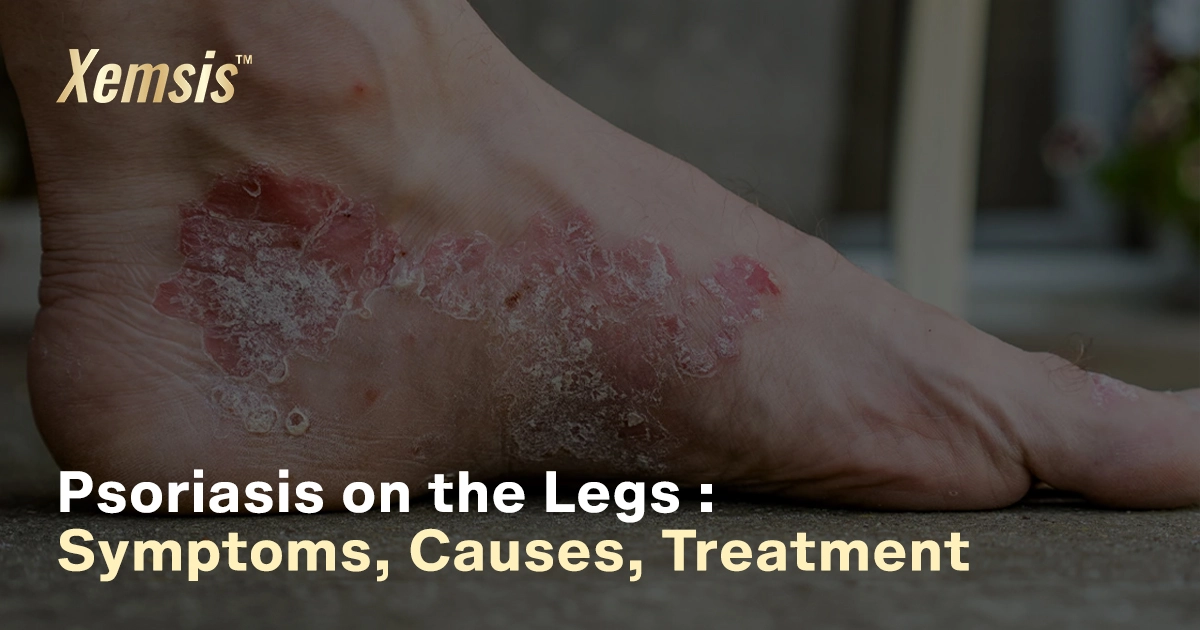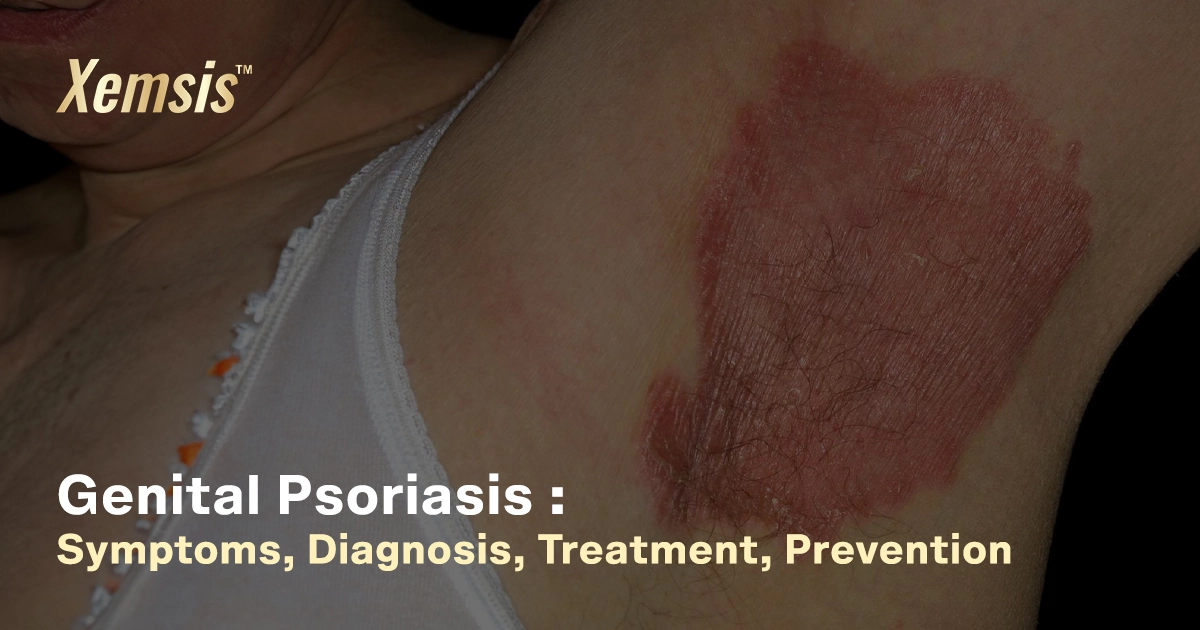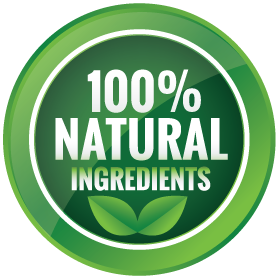We understand that it’s tough to avoid certain foods if you are facing the situation of having Psoriasis. Our body’s defence mechanism is misfiring and targeting the healthy skin cells here. How chaotic! Inflammation can be both increased and decreased by food. You should therefore exercise caution when it comes to what you put into your body.
Although there isn’t a set list of foods that are PsA-friendly, fruits ought to be served. While no fruit is inadvisable for those who have psoriatic arthritis, certain fruits have a high concentration of fibre, antioxidants, or flavonoids that reduce inflammation in the joints. Not to worry further because here in this blog you can read and know what fruits you can take to prevent further inflammation thereby satisfying your craving needs.
Your sweet Cherries & Berries:
Cherries and berries are generally considered healthy foods and are rich in antioxidants, vitamins, and other nutrients that can benefit overall health. Some research suggests that the antioxidants found in cherries and berries may have anti-inflammatory properties, which could potentially be beneficial for individuals with psoriasis, as inflammation is a key component of the condition.
Some people with psoriasis may find that certain fruits, including cherries and berries, trigger flare-ups or worsen symptoms. It’s essential to pay attention to your body’s reactions and work with a healthcare provider or a registered dietitian to determine which foods may help or hinder your psoriasis management.
The reddish watermelon:
Watermelon is not just a summertime treat; it’s a nutritional powerhouse with a host of health benefits. Studies have indicated that its consumption can lead to a decrease in the inflammatory marker CRP, making it potentially beneficial for managing conditions like rheumatoid arthritis. Rich in beta-cryptoxanthin, a carotenoid known for its antioxidant properties, watermelon may also contribute to joint health and lower the risk of developing RA.
Despite its sweetness, watermelon is relatively low in calories, making it a suitable option for weight management, as its high water content can help promote feelings of fullness with fewer calories. Whether enjoyed on its own or incorporated into salads, smoothies, or fruit platters, watermelon stands out as a delicious and nutritious addition to any diet, offering a range of health benefits that make it worth including regularly.
Papaya:
The papaya, a fruit from the tropics known for having a high nutritional content, might be helpful for people who are suffering from psoriasis. Although there isn’t much direct research on how it affects psoriasis, its makeup points to several possible support options for those who deal with the condition. The anti-inflammatory enzymes papain and chymopapain, which are found in papaya, may be able to reduce the inflammation that accompanies psoriasis.
Additionally, because of its high concentration of carotenoids like lycopene and beta-carotene as well as vitamins A, C, and E, it has strong antioxidant properties that can help people with psoriasis by reducing inflammation and oxidative stress in the body. Furthermore, the fibre and enzymes in papayas can help with digestion and support gut health, which may affect the systemic inflammation linked to psoriasis. Due to its high water content, it helps with hydration.
Coconut – Your natural sweetener:
Coconut, in both its fruit and oil form, has anti-inflammatory and moisturizing properties that can help soothe psoriasis-affected skin. It contains beneficial nutrients such as vitamins, minerals, and dietary fiber, which support overall health and skin wellness. Psoriasis patients can enjoy fresh coconut flesh as a snack or incorporate it into meals, salads, smoothies, or desserts. Coconut not only has benefits for Psoriasis but on the whole, it can also help reduce inflammation and improve skin barrier function. Additionally, its antioxidant properties can help to protect skin cells from further damage.
Kiwi – Your greeny time:
Kiwi, a nutrient-dense fruit packed with vitamins, minerals, and antioxidants, may offer some benefits for individuals with psoriasis. Although direct research on kiwi’s effects on psoriasis is limited, its nutritional composition suggests potential support for skin health and overall well-being. Kiwi is particularly rich in vitamin C, which has antioxidant properties and supports immune function.
Additionally, kiwi contains vitamin E, which may help reduce inflammation, and vitamin K, which supports skin health and wound healing. The fiber in kiwi can also support gut health, which may indirectly benefit psoriasis management, as gut health is thought to influence immune function and inflammation. While kiwi alone is unlikely to be a cure for psoriasis, incorporating it into a balanced diet may offer complementary support for overall health and skin wellness.
Orange – Your tangy and sweet partner:
Vitamin C in orange is a powerful antioxidant that helps protect cells from damage caused by free radicals and supports the immune system. Additionally, vitamin C plays a role in collagen production, which is essential for skin health and wound healing. The anti-inflammatory properties of vitamin C may also help alleviate inflammation associated with psoriasis flare-ups.
Oranges are also a good source of dietary fiber, which supports gut health. While dietary changes alone may not be sufficient to manage psoriasis, incorporating oranges into a balanced diet rich in fruits, vegetables, whole grains, and lean proteins may offer complementary support for overall health and skin wellness. As with any dietary changes, individuals with psoriasis should consult with a healthcare professional or registered dietitian for personalized advice and recommendations tailored to their specific needs and medical history.
In conclusion, for those who suffer from psoriasis, eating a wide range of fruits and vegetables, especially those that are grown organically and pesticide-free can be quite beneficial. So it is most important to have a thought on the foods you intake in case you are affected by Psoriasis. Fruits can help maintain general health by adding to a balanced and nutritious diet, but they should only be seen as one part of a holistic management strategy for psoriasis that also includes medical therapy and lifestyle changes. Managing your disease effectively and living a full and active life can be made easier if you adopt a holistic strategy that takes into account all facets of your health and well-being.

